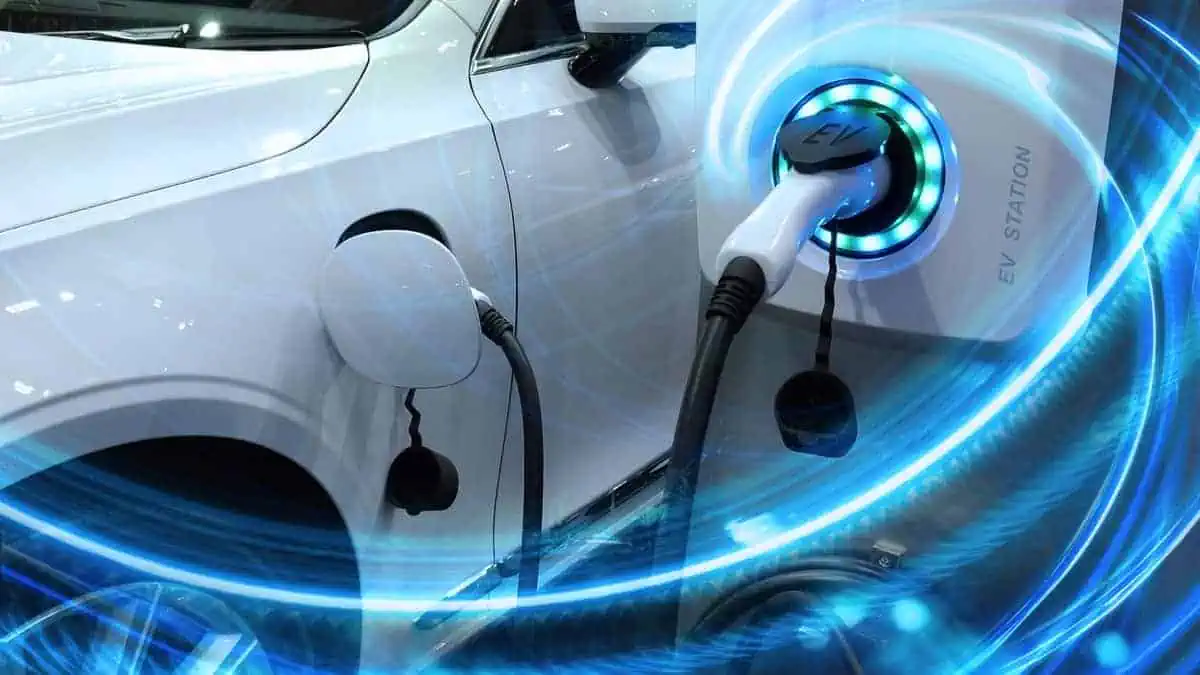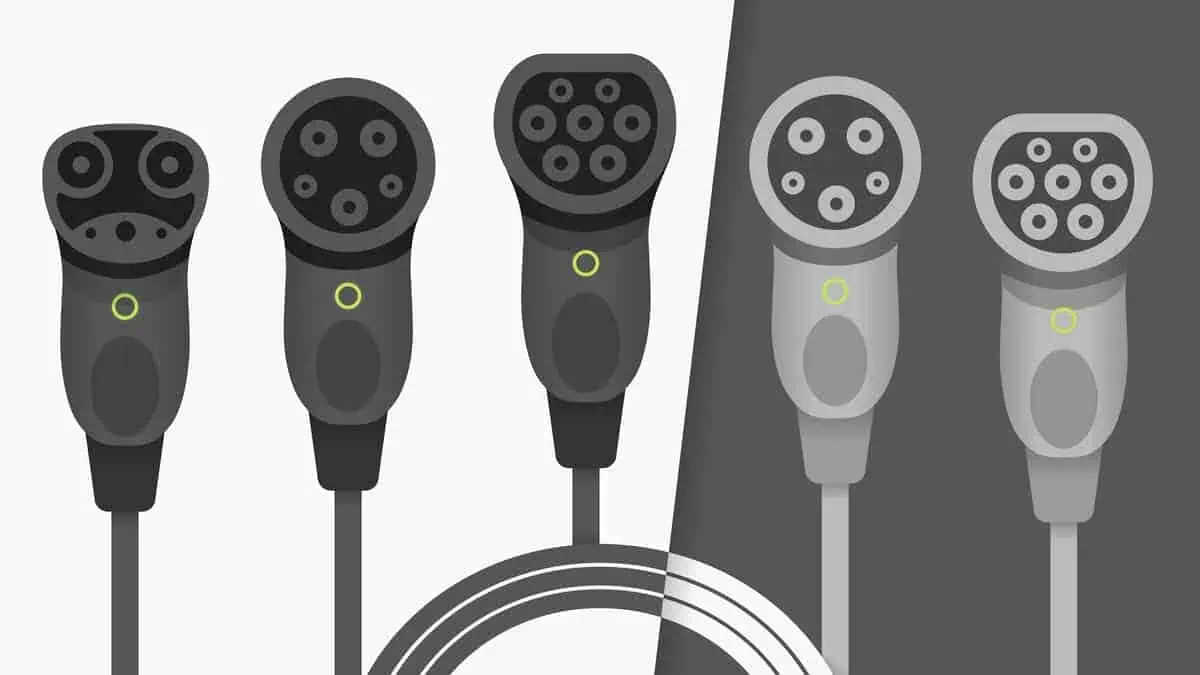Europe’s overall car market reported year-on-year growth of 11%, per Jose Pontes. SUVs and crossovers accounted for 51% of the market, while plug-in vehicles had 17%. Of that 17% market share, battery electric vehicles represented 10% in January 2023.
Passenger plug-in vehicle registrations in Europe– January 2023
Europe reported a minimal year-on-year growth of 3% in its passenger plug-in vehicle market to 158,000 registrations in January. Notably, battery electric vehicle registrations enjoyed a YoY increase of 14%, although some markets have already reduced EV incentives.
Meanwhile, plug-in hybrid electric vehicles appear to be receiving the adverse effects, with a 10% YoY decline in registrations in the first month of the year.
Market share distribution– January 2023
BEVs continue to surpass PHEVs with a whopping 59% market share compared to the latter’s 41%. These figures indicate a major change from January 2022’s record of 53% and 47%, respectively.
As mentioned, the overall auto market increased 11% YoY to more than 910,000 units. Notably, 51% of the market was attributed to the rapidly growing number of SUVs and crossovers.
Meanwhile, plug-in vehicles accounted for 17% market share. Of that total, 10% were attributed to all-electric vehicles. Sadly, that result represents a 2% decline from the same period in 2022 and a 6-point drop from FY 2022 market share.
On the other hand, plugless hybrids’ market share increased to 26% from 24% YoY in January.
Petrol-powered vehicles maintained their market share of 38%, while diesel-powered cars declined to 16% from the 18% market share in 2022.
Per the calculation, EVs accounted for 43% of Europe’s new passenger vehicle car sales in January to an extent.
Bestselling EVs in Europe – January 2023
| Ranking | Model | Sales |
| 1 | TESLA MODEL Y | 7,626 |
| 2 | VOLVO XC40 (BEV+PHEV) | 5,876 |
| 3 | DACIA SPRING | 4,239 |
| 4 | AUDI Q4 E-TRON | 3,566 |
| 5 | VW ID.3 | 3,370 |
| 6 | VW ID.4 | 3,338 |
| 7 | FIAT 500e | 3,258 |
| 8 | SKODA ENYAQ | 3,229 |
| 9 | FORD KUGA PHEV | 3,056 |
| 10 | KIA NIRO (BEV+PHEV) | 2,905 |
| 11 | RENAULT MEGANE EV | 2,781 |
| 12 | PEUGEOT 208 EV | 2,771 |
| 13 | VOLVO XC60 PHEV | 2,747 |
| 14 | HYUNDAI IONIQ 5 | 2,646 |
| 15 | LYNK & CO 01 PHEV | 2,629 |
| 16 | BMW 3-SERIES PHEV | 2,369 |
| 17 | PORSCHE TAYCAN | 2,330 |
| 18 | MG 4 | 2,285 |
| 19 | AUDI Q8 E-TRON (INC. E-TRON) | 2,149 |
| 20 | HYUNDAI TUCSON PHEV | 2,043 |
As you can see in the ranking above, the Tesla Model Y dominated the European EV market with 7,626 sales. It is unsurprising, given that the automaker has been ramping up EV production in Germany. Furthermore, it has also implemented major price cuts, which enticed many buyers.
The Volvo XC40 (BEV+PHEV) followed it with 5,876 sales. The third spot is secured by Dacia Spring, with 4,239 registrations.
The Audi Q4 e-tron completes the top five with 3,566 and Volkswagen ID.3 with 3,432 sales.
The bottom part of the list features the MG 4 with 2,285 sales. The Audi Q8 e-tron secures the second to the last spot with 2,149 registrations. The Hyundai Tucson PHEV got lucky enough to get in the top 20 with 2,043 units.
See Also:
- Europe to lead the world in electric vehicle sales from 2030
- Electric vehicle prices may increase in UK and Europe due to EU tariffs
- BYD to build electric vehicle plant in Europe
- French lithium mine project may serve as Europe’s major supplier in electric vehicle strategy
- EU to enforce the most stringent rules for Vehicle manufacturers
Top brands – January 2023
Below are the leading EV brands in Europe:
| Brand | Market Share |
| BMW | 8.6% |
| MERCEDES-BENZ | 8.2% |
| VOLVO | 7.8% |
| VOLKSWAGEN | 7.7% |
| TESLA | 6.2% |
German automaker BMW beat its EV automaker rivals with an 8.6% market share. Meanwhile, the American EV giant Tesla secured the fifth spot with a 6.2% share.
Top EV groups – January 2023
| Group | Market Share |
| VOLKSWAGEN GROUP | 20.7% |
| STELLANTIS | 14.1% |
| GEELY-VOLVO | 10.7% |
| BMW GROUP | 10.3% |
| MERCEDES GROUP | 9.1% |
German company VW group surpassed its rivals with a market share of 20.7% in January. The fourth and fifth spots were secured by another two German groups: BMW with 10.3% and Mercedes with 9.1%






